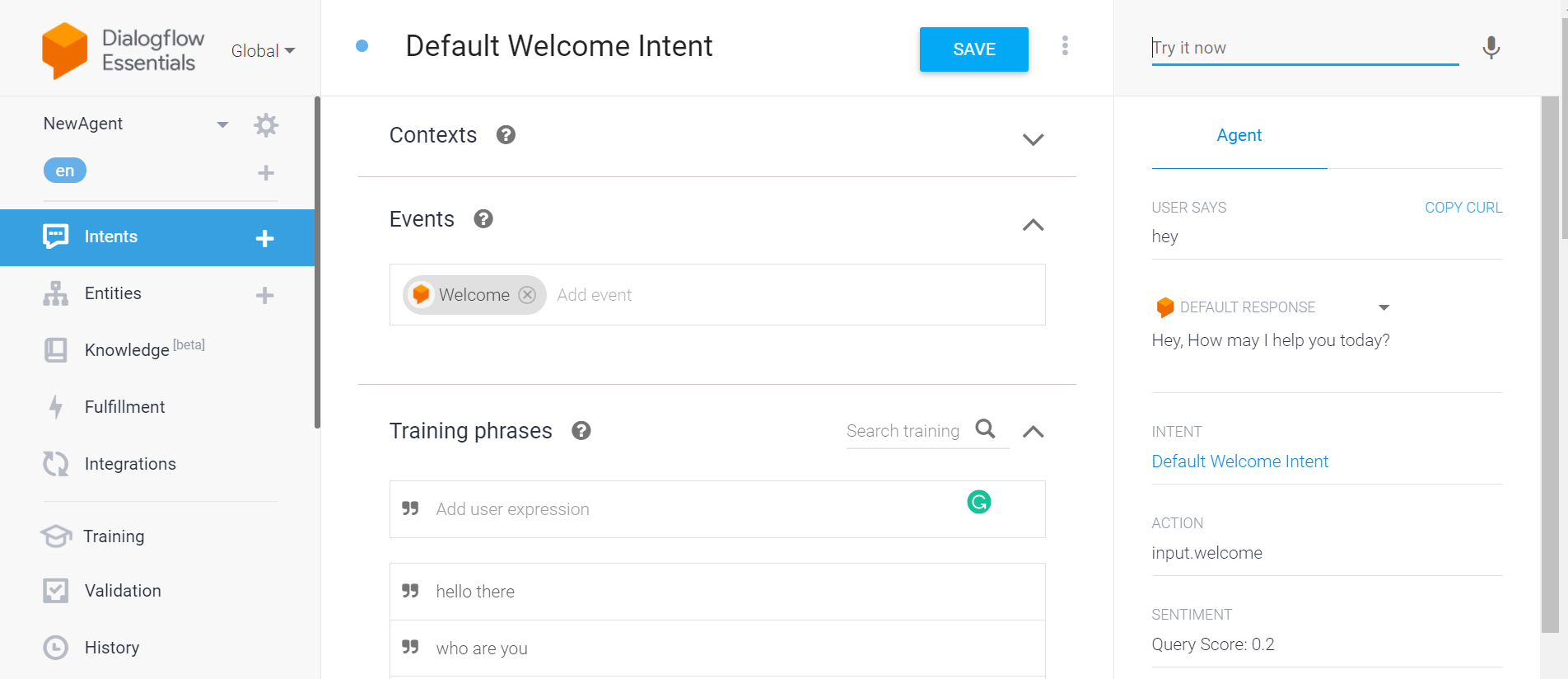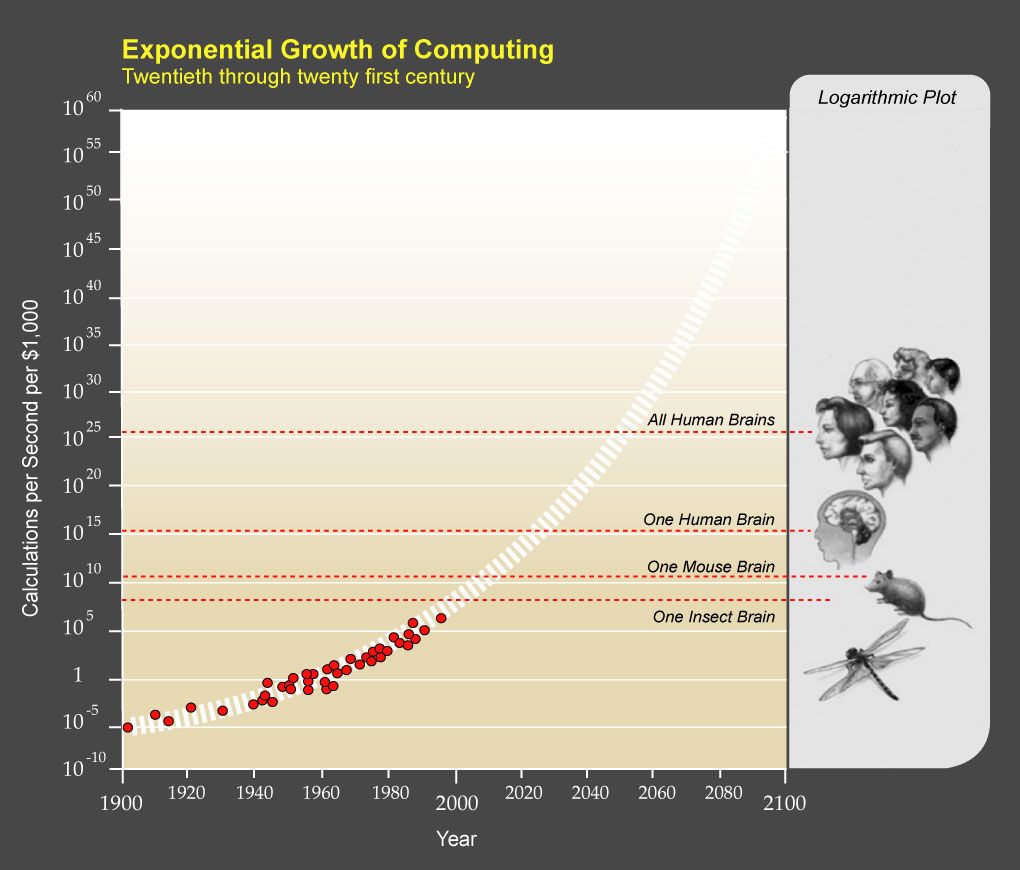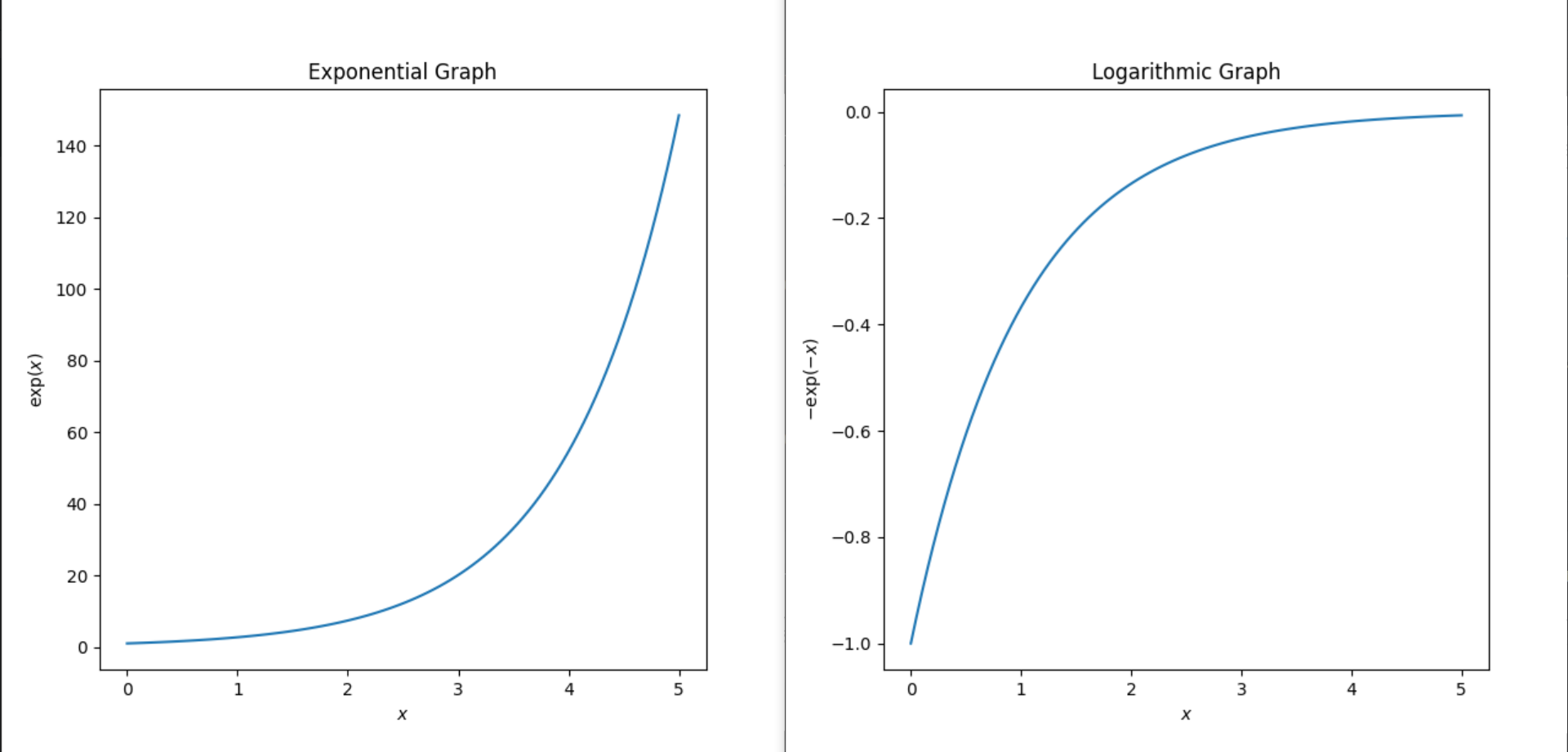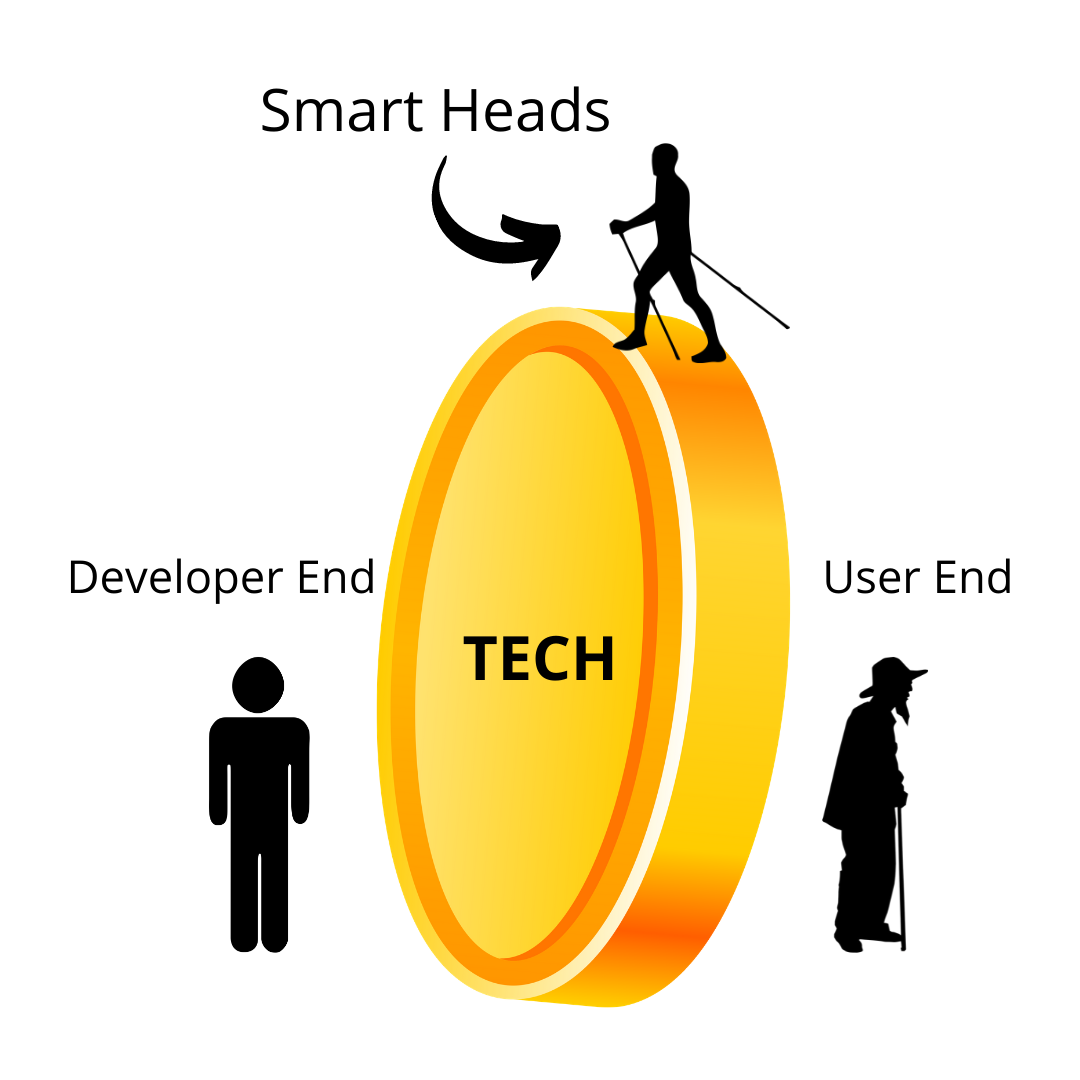Timeless Evolutions of Technology
The amusing pace of tech advancements | Importance of finding the right balance of learning and using | The scary effects of ignoring its consequences

Ease of operations
I started learning Dialogflow [in layman’s language, it is a tool to build a conversational user interface where the users can chat with Artificially Intelligent robots] a few months ago, and it wouldn’t be too much to say that I’m fascinated by the simplicity of the user interface that Google has created to build chatbots using this tool. Of course, being a computer engineer helps to understand it better, but you literally need no prior knowledge of computers or algorithms by any stretch to get going with Dialogflow and build chatbots. 🤖

Of course, it’s the one and the only Google that we’re talking about here, the epitome of all kinds of technological advancements a human mind can supposedly think of. Still, I can’t get my mind off of the fact that it is so simple to build chatbots now. A couple of years ago, this didn’t seem as convenient as it is today. You do not need to learn any concept of Natural Language Processing [NLP], nor do you need to understand how the backend of this artistic creation works. All you need to do is go through some tutorials explaining how to use the art and voila! You’re more than good to go.
Growth & Time
Now, this sounds very normal when we look at it in a general form of development: “Yeah that’s how the technology works. It’s supposed to grow 📈, what’s there to be surprised about here?” But, when we look at the events of the growth and innovation with respect to a timeline, that’s where the fascination lies. Take out the time factor from any of the evolutions, and there’s nothing left to it other than a conventional reality. “Growth” is respected only when it is entangled with “time”. Had Dialogflow been built a decade later, maybe it wouldn’t be as captivating as it is today. Why? Because, it would be expected for something similar to its functionality to be existing by then, and it would just work as a fulfillment of our expectations rather than being a topic of fascination.

We humans unintentionally or intentionally tend to program deadlines in our minds, for events to take place in life, for innovations to happen around the world, or even while working on something privately. But on a larger scale, it seems as if those deadlines have become merely a random date on a calendar for the past few years. We’ve been growing at a pace faster than we can realize or intend to realize. Not to forget that Dialogflow is just one example, there are thousands, maybe more events taking place before the hypothesized deadline, and continue populating that timeline. A normal human mind’s prediction capacity has become somewhat irrelevant and there's a possibility that it might even descend with every new invention while the computer's capacity to solve problems keeps increasing exponentially. That's what this graph by Ray Kruzweil tries to explain as well.
This does sound a bit agonizing, a bit apprehensive, but for whom? For which section of the living population are these enhancements dangerous? That’s the question we need to ask more!
Who's at risk?
In my opinion, the section of the population vulnerable enough to give up on comprehending will be the section bound to be jeopardized the most.
By “give up”, what I mean is getting used to the easier ways of adapting to change, only to neglect the process of learning. For example, the people who will get [or should I say already are] addicted to the Artificially Intelligent algorithms used in recommendation systems all over the internet, without even understanding the basics of its structure, its working, its pros, and cons, are the ones who will be at risk a lot when the advancements start beating the deadlines even faster.
When you bypass the process of learning before making a particular piece of technology a part of your life, you miss out on tons of experiences. You miss out on the very interesting part of technology where you can actually get to understand how that beauty works; what application does it have in your daily life; how it might increase your productivity or how it might affect your mental peace. Is the time you save by skipping this part of tech worth skipping? The answer to this is very subjective but it is definitely worth asking yourself.
Let us look at a mathematical analogy to understand the difference between this portion of the population that chooses to ignore the learning part [let’s call them “big heads”] and the other portion, that tries to understand the gist of the concepts if not the depth [let’s call them “smart heads”]. The difference between their mentality can be defined by a logarithmic graph vs an exponential graph. A logarithmic graph initially increases with rapid pace, only to slow its growth rate down to a flat line after a point, just like the big heads' mentality to adapt to change without understanding the tech. Whereas an exponential graph may correspond to slow growth in the beginning, but it shoots up like a rocket after a specific point; similar to the smart heads' mentality to learn or at least know the different aspects of tech before fully incorporating it into their daily lives. You see, that’s where they beat the big heads.

2 Sides of a Coin
It's very clear that innovations or changes in life due to technology is a 2 sided coin [or maybe 2 edged sword 🗡️]. One side is the development end of the technology, consisting of all the minds and human power spent on bringing the idea to life. Whereas the other side is the user end; it's a bit tricky to be on this side of the coin as there's a high chance of you ending up becoming a big head.
Let me try to explain this with a real-life example:
There are many apps available on our phones that let you beautify your face using filters. They don't seem harmful, do they? But a lot of research shows that they might be more damaging than we can imagine, for a large number of people. ⚠️
Some adults who tend to take the extra mile and try to understand the appropriate usage of it and its possible consequences, will probably not be affected by those consequences. They will also play a major role in making their kids or the younger people understand the pros and cons of such apps.
But the other portion of adults who skip doing the extra bit of research to get familiar with some ins and outs of such technology, will not be able to make the kids around them understand the dangerous side of it. With time, a lot of kids will start using these beauty filters just to look good and eventually start questioning/disliking their appearance without the filters. Adults will be able to understand the difference between using the beauty filters just "for fun" and using them just "for getting other people to like you", but kids [especially teenagers] are not mature enough to comprehend the difference.
This doesn't mean you necessarily have to be on the development side of the coin though. You just need to find the right balance on the edge of the coin; you just need to gather enough information [which is just a google search away] to identify the differences between the good and the bad of that piece of tech, rather than indulging into it blindly. Smart heads would definitely be able to divert their kids on the right path at a young age because they've found the formula to balance themselves on the edge of the 2 sided coin. But big heads would not even try to climb to the edge.

Conclusion
It's simple: Do not be a complete big head.
Technology is the most important and the most beautiful power this world has, and there is no reason we should stop advancing it. But as a wise man once said, with great power comes great responsibility [cliché, I know 😏]. It's not an option but a necessity to be responsible while creating, enhancing, and using a tech product. Of course, this field of science is just a baby as of now. But the influence that it has created until now, on every human around the world, has kept a very small margin for errors to expand the field further. Hence, perceiving the magnitude of the rapid growth of this industry before there is no time to document its evolution is very crucial for this generation. Acknowledge it as far as it's in our hands.
Ugh, I write too much, don't I? 😅
Thanks for bearing with me, I appreciate your time. Cheers! 🥂
Let me know your thoughts about this. I'd love to have a discussion.
If you learned anything new or got happy via any of my pieces, I would consider softbored to be a success. Even if it's just one person who gets to know something that they didn't earlier or relates to the piece, it would be awesome. 😊
📰 I try to post at least a piece a week [mostly on Sunday].
Also, if you wanna receive the pieces directly via email when they're posted here, subscribe to my News Letter. [Not necessary though]
Feedbacks and comments are lovely, send them in any way, shape, or form via any of the mediums [social or professional].
Visit the contact page to reach out to me! 🙏

